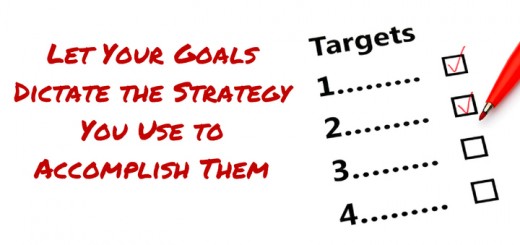Recentering Your Mind: The Power of Pausing and Reflecting
In today’s fast-paced world, it’s easy to get caught up in the hustle and bustle of everyday life. We’re constantly bombarded with information, and our minds are racing from one task to the next. This constant state of activity can take a toll on our mental well-being, leaving us feeling stressed, overwhelmed, and unproductive.
One of the most important things we can do for our mental health is to give ourselves permission to pause and reflect. This means taking some time each day to step away from the demands of our lives and simply allow our minds to wander. When we do this, we’re giving our brains a chance to rest and recharge, which can help us to improve our focus, creativity, and overall well-being.
There are many different ways to recenter your mind, and what works for one person may not work for another. Some people find it helpful to practice mindfulness meditation, which involves focusing on the present moment without judgment. Others prefer to spend time in nature, or to engage in activities that they enjoy, such as reading, writing, or listening to music.
What’s important when recentering your mind?
The important thing is to find something that works for you and to make it a regular part of your routine. Even a few minutes of quiet time each day can make a big difference.
Here are a few tips for recentering your mind:
- Find a quiet place where you won’t be disturbed. This could be your bedroom, your backyard, or even a park bench.
- Sit or lie down comfortably and close your eyes.
- Focus on your breath. Notice the feeling of air entering and leaving your nostrils.
- If your mind wanders, gently bring it back to your breath.
- Don’t judge your thoughts or feelings. Simply observe them and let them pass.
In addition to taking time for yourself each day, there are a few other things you can do to help your brain recenter itself:
- Get enough sleep. When you’re well-rested, your mind is better able to focus and process information.
- Eat a healthy diet. Eating nutritious foods can help to improve your mood and cognitive function.
- Exercise regularly. Physical activity has been shown to have a number of benefits for mental health, including reducing stress and anxiety.
- Spend time with loved ones. Social connection is important for both our physical and mental health.
Remember, it’s important to be patient with yourself when you’re first starting to practice these techniques. It may take some time to see results, but with consistent effort, you’ll find that your mind becomes calmer, clearer, and more focused.
So next time you’re feeling stressed, overwhelmed, or unproductive, take a few minutes to pause and recenter your mind. You’ll be glad you did.







Recent Comments